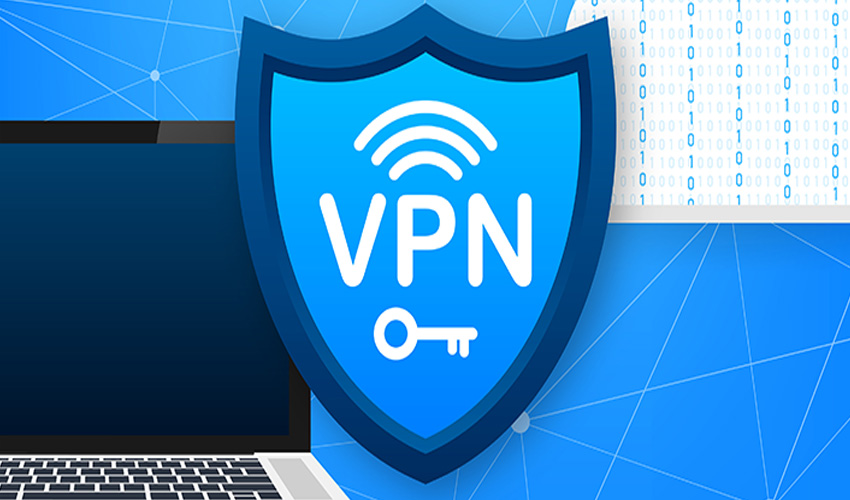In response to the recent ban on social media platforms in Pakistan, there has been an unprecedented surge in demand for virtual private networks (VPNs), with a staggering 6,000% increase reported by internet privacy company Proton. The ban on popular social networks has forced citizens to look for alternative ways of accessing unlimited information and free communication.
Switzerland-based Proton highlighted the key role VPNs play in bypassing internet censorship and providing access to unfiltered information, especially in countries where democratic processes are under scrutiny. With elections this year in many countries, including Pakistan, the need for widespread access to VPN services has become more pressing than ever. A recent report by Proton highlighted a global trend and showed a significant increase in demand for VPNs in various countries.
Nepal saw a 4,700% increase, while Gabon saw a staggering 25,000% increase, underscoring growing concerns about internet freedom and access to information around the world. According to Proton, tracking demand for VPN services serves as a barometer of government crackdowns on internet freedom. In particular, countries such as Venezuela, South Sudan, Sri Lanka and Turkey, which face similar internet freedom issues, will benefit from Proton’s provision of free VPN services.
Also read: UNESCO study finds prejudice against women in leading AI tools
Andy Yen, head of Proton, emphasized the importance of protecting democracy and freedom of speech in the face of growing threats to electoral processes. Yen stated: “2024 will be a pivotal year for democracy around the world as nations grapple with measures that impede free speech and fair elections. In Pakistan, the shutdown of social media platforms, including Twitter, has drawn widespread criticism, with concerns about restricting access to information and stifling dissenting voices.
The Sindh High Court’s recent order to restore internet services highlights the ongoing debate over internet freedom and censorship in the country. Hailed as tools to bypass website restrictions, VPNs have emerged as a lifeline for individuals looking to navigate the digital landscape amid government-imposed restrictions. As the debate over internet freedom intensifies, the rise in VPN use serves as a poignant reminder of the importance of upholding basic rights in the digital age.







